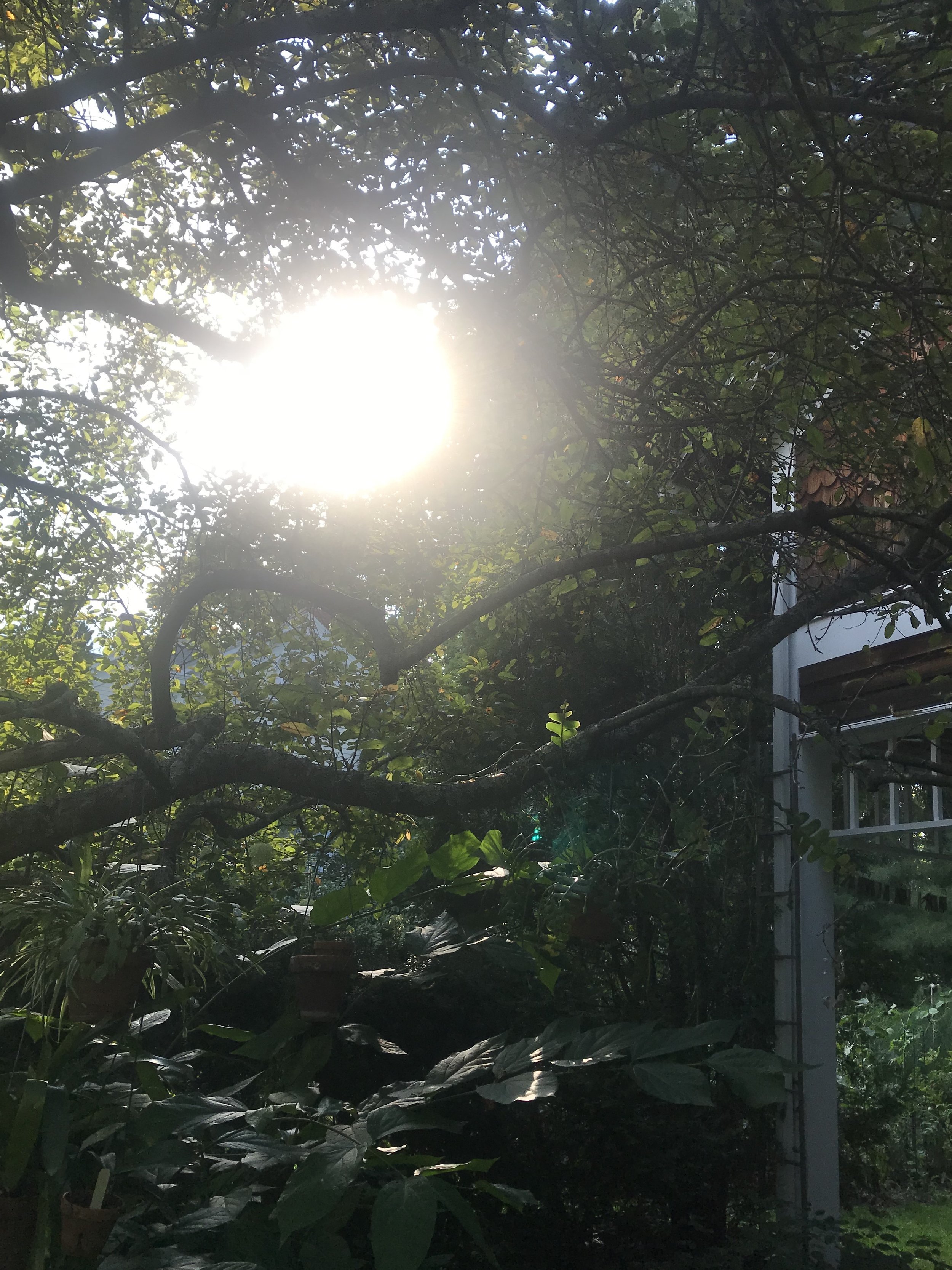
THE LONG ANSWER (2020)
The Long Answer gleans from David Keplinger’s five previous poetry collections, covering two decades of his engagement with the lyric narrative. Through echoes of Dickinson, Rimbaud, William Blake, and the French prose poet Max Jacob, as well as a host of other European and American voices, this volume maps the ongoing “long answer” to the poet’s individual inquiries about family, influence, and originality while at the same time tapping the source and substance of a more far-flung, philosophical problem. How is one life distinct from and also the sum of lives that came before? How does one disentangle oneself from the illusion of separateness? Culling together his best work and with nearly forty new pages of material, The Long Answer seeks a question, in Keplinger’s title poem, “so old, no one remembers/what was asked for/in the first place,/and which leaves us . . . /with only each other,” determined less to alter thinking than to undrape it—where poetry can remember what we are.
Selections from On Three: New Poems
The Dice Cup
I believe that the one carrying eggs, the one who walks along the Loire, has been carrying the eggs for six hundred years. I believe she’s the sister of St. Joan of Arc, who crawled on her knees in the church to take up her sword. I have followed the prints of Joan’s knees in the church. I have lashed myself for being weak, which is disquiet. I have lashed myself for being sullen, which is complaint. I believe that Joan’s sister was constantly dropping the eggs. I believe that she blamed herself harshly, wholeheartedly. As she bent down to pick one up, more eggs fell out of her apron. Stupid, stupid. But they had not broken.
Composition for Three Voices: a Tenement in Moravia
First Flat: Irena’s Voice
We have a word that’s very difficult. Its parts skip backward on the tongue. A word as much to swallow as to say. And when you say it, you will be one of us. Ch-te-ver-tek. English: Thursday. Čtvrtek. But you must carve it, like tough meat, into parts. Why am I alive? During war (this is difficult to say) men from another city, it was Havirov, called on my mother every Thursday. Cakes, milk, bread, sometimes a bit of meat or butter, they paid her for their privileges. Čtvrtek was the hardest word, hardest day. I am alive because I ate the whole meal every Thursday.
Second Flat: Ferda’s Voice
Over the town the stacks blew a cape made of ashes. Magic shows rely on simple faith. A man cannot be cut in two, sit up and try to walk away. A woman can’t just disappear. A tongue cannot be shredded cloth, pulled out of the mouth. So beliefs instruct. The ride into Poland had many stops. They stopped in this town. They stopped over there and others waved from the platform. They asked for some to step forward. They took our hands sometimes and helped us on the train. They asked us little questions on our hopes and destinations. We believed in the trick and stepped into their boxes with the slots where the knives go in.
Third Flat: Pavel’s Voice
The Dead of Winter, was the part I played. It was a small role and I never spoke. Sometime in March in 1945 my boots were stolen. With feet as cold as iron I stood sweeping snow from the tent in the last hours of the world. Where am I, where am I going, I thought, the snows of wartime passing over my head. If I keep moving, I’ll live, so I will not bequeath my iron feet to anyone, therefore I have no children, no wife, no flesh to pour this heaviness into. I am still that shoeless man standing upright with his broom, brimmed with ire. But I am also myself, a softer person. The shoeless man and I are floating on a stage. We lower the broom on each side, and row, through snow, until now.
PRAISE FOR THE LONG ANSWER
“Imagine The Inferno reconfigured as a cross between one of Joseph Cornell’s boxes and a Rube Goldberg drawing: an infernal machine designed to produce the uncomfortable pleasures of wit’s disjunctions, gallows humor, wry nostalgias…What’s consistent is the sustained invention of a tinkerer who takes his materials (so many of them fragile, easily discarded or mislaid) to heart even as he finds his humor, his consolation in the spirited play of their arrangements.”
The Antioch Review
“…The book’s meditations on mortality and wounded dissatisfaction are equally haunted by metaphysical longing and the vast otherworld in the near at hand. To arrive in a body, through the body of another, is to feel its suffering as the echo, however distant, of our own. In poems of such keen attentions and imaginative wit, the intimation of always another city registers both an awareness of our inevitable diminishment and the possibility of some vaster sphere, some landscape of domes and illuminations, to mitigate our loneliness and loss.”
Judges’ citation, 2019 UNT Rilke Prize
“His prose is so well-crafted and compact that you’d think they wrote themselves into the world—that they were born complete and right on their due date, with no complications …Keplinger’s collection is stunning and visceral.”
The Rumpus
Keplinger's poems, by juxtaposing such disintegration or failure to an integrated aesthetic that does not fail…ultimately [succeed] at precisely those moments where they take the most risk….A tender, graceful, and profound meditation on the ways in which we experience our bodies in the world; shuttling expertly between the narrative and the lyric, the ordinary and the wild, the book asks us to envision the body as that lived intersection between, as Keplinger would have it, the natural and the natural.”
Triquarterly
“The question is less whether Keplinger benefits from the prose poem than whether prose poetry benefits from Keplinger—a question [his poetry] answers with a resounding yes.”
The American Book Review
